Born on August 4, 1961, in Honolulu, Hawaii, Barack Hussein Obama II was raised in a diverse family that exposed him to a range of cultural and political influences. His father, a Kenyan economist, and his mother, an American anthropologist, instilled in him a global perspective.
Education and Early Career
Obama attended Occidental College, later transferring to Columbia University, where he earned a degree in Political Science. He went on to Harvard Law School, where he became the first African American president of the prestigious Harvard Law Review. After graduation, he worked as a community organizer in Chicago, focusing on housing and employment issues before transitioning to a career in politics.
Entry into Politics
Illinois Senate
Obama served in the Illinois State Senate from 1997 to 2004, where he gained a reputation as a pragmatic legislator with a focus on ethics reform and healthcare expansion.
U.S. Senate
In 2004, Obama gained national attention with a stirring keynote address at the Democratic National Convention. Shortly thereafter, he was elected to the U.S. Senate, where he served until his successful presidential campaign in 2008.
Presidency (2009–2017)
Historic Election and the Hope Movement
Obama’s 2008 campaign, built on the themes of “Hope” and “Change,” energized a diverse coalition of voters. His election marked a significant milestone in American history, symbolizing progress in racial equality.
Major Policy Achievements
- Affordable Care Act (ACA): Known as “Obamacare,” the ACA expanded health insurance coverage to millions of Americans but faced criticism for its implementation challenges and increased costs for some individuals.
- Economic Stimulus: In response to the 2008 financial crisis, Obama’s administration passed the American Recovery and Reinvestment Act, injecting billions into the economy to spur growth. Critics argue the recovery was slow and uneven, particularly for middle-class families.
- Climate Change Initiatives: Obama championed renewable energy investments and signed the Paris Climate Agreement. However, his environmental policies faced pushback from industries and states reliant on fossil fuels.
Foreign Policy
Achievements and Controversies
Obama’s foreign policy was marked by notable successes, such as the killing of Osama bin Laden and the Iran Nuclear Deal. However, critics highlight his reliance on drone warfare, which resulted in civilian casualties, and the destabilization in Libya following U.S. intervention.
Pivot to Asia
Obama’s “Pivot to Asia” strategy aimed to strengthen U.S. ties with Asian countries to counter China’s growing influence. While the approach was innovative, its long-term impact remains debated.
Strengths and Legacy
Charismatic Leadership
Obama’s ability to inspire through his oratory skills and hopeful rhetoric remains one of his most celebrated traits. His calm, intellectual demeanor stood in stark contrast to the divisive politics that defined much of his tenure.
Social Progress
Under his administration, the Supreme Court legalized same-sex marriage, and Obama openly supported LGBTQ+ rights, marking significant social progress during his presidency.
Criticisms and Challenges
Economic Inequality
While Obama inherited a struggling economy, critics argue his administration didn’t do enough to address systemic economic inequality. Middle-class wages remained stagnant, and wealth disparities widened during his presidency.
Partisan Polarization
Despite initial promises to unite the country, Obama’s presidency coincided with increasing partisan division. His reliance on executive orders to bypass a gridlocked Congress frustrated Republicans and undermined his reputation as a consensus builder.
Health Care Challenges
The Affordable Care Act, while transformative, faced widespread criticism for its rollout issues, rising premiums, and the unintended exclusion of some Americans from affordable coverage.
Conclusion
Barack Obama’s presidency represented a moment of historic change and inspired hope across the nation and the world. His accomplishments in healthcare reform, climate action, and social progress are significant, but his legacy is also shaped by economic inequality and partisan divides that he struggled to overcome. As America reflects on his leadership, Obama remains a figure of both admiration and critical scrutiny, embodying both the promise and limitations of modern political leadership.
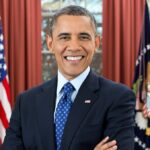
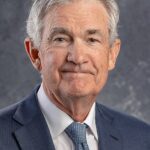
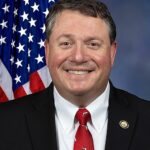
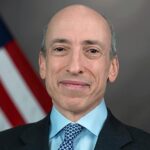
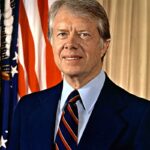
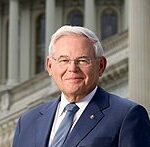
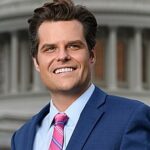
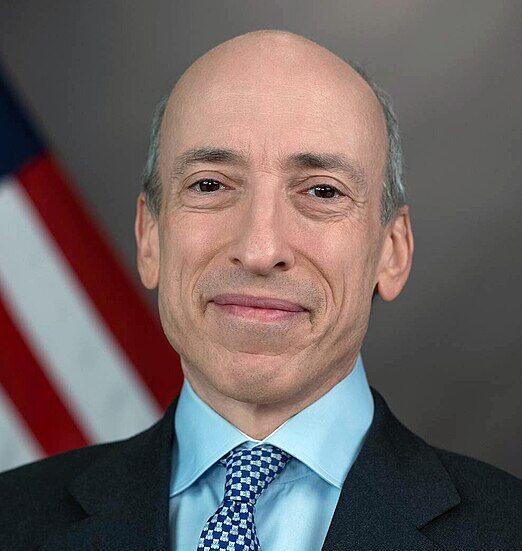
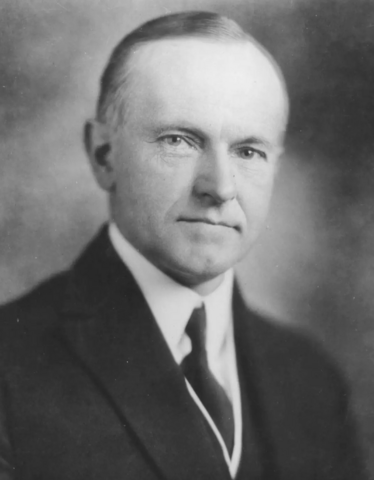
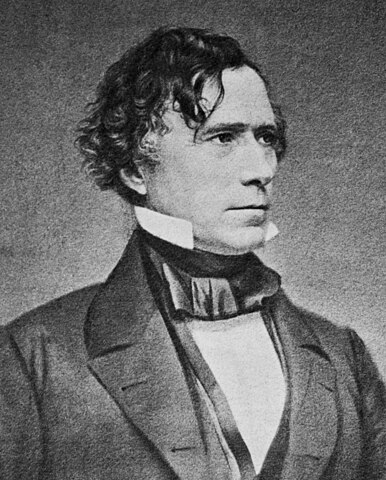
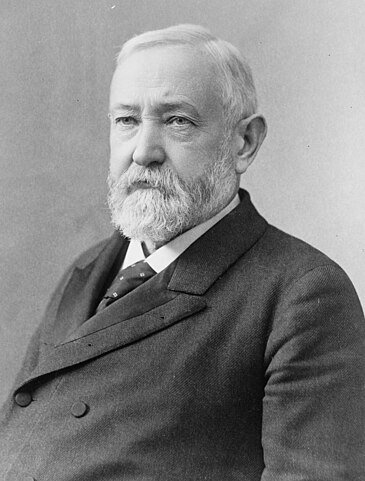
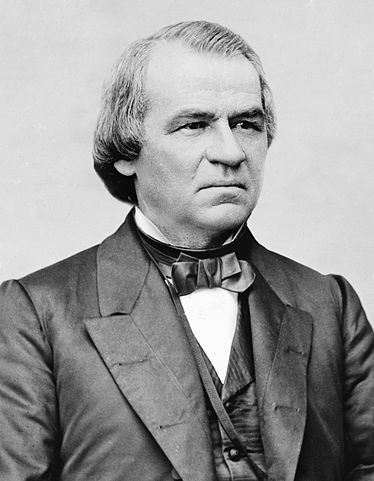

It’s difficult to tell what effect some of his administration’s major policies will have on the US and the rest of the world until some time has passed. If the effect is positive, then the next president will have an easier job than President Obama. If they are negative, then the next president will continue the trend of inheriting, and trying to manage, a mess.
On a different note, President Obama is much more charming and likeable than former President Bush, unless you like that cocky John Wayne-esque swagger that characterised President Bush’s personality. But, Obama has a bit of a swagger himself, but it is combined with a charm and eloquence that was lacking in the Bush administration. Now, I know it sounds trite and superficial to mention these things, but they are extremely important considering the President is the person we choose to represent us to the rest of the world.
ellyjude,
1. Obama is not Kenyan – he is an American citizen who was born and raised in America. His father is from Kenya, but that honestly doesn’t mean much of anything. It’s a moot point.
2. It doesn’t matter if he’s a good speaker if he can’t be bothered to fact check himself or actually put actions behind his words.
3. He was the lesser of two evils twice – if McCain hadn’t been taking crazy pills or Romney hadn’t be a worthless, out-of-touch, cartoonishly evil jerk – I would have never voted for him. I don’t really like Obama as either a person or a politician, I just don’t hate him either. He’s more of a disappointment then anything else.
President Obama has done an okay job, but I want to focus on the things that have bothered me about President Obama and other leaders in Washington. President Obama and everyone else in Washington really let me down with the government bailouts, giving to these banks and corporations that actually had a hand at bringing our economy down. I think the President isn’t doing a good job on this front at all. Our economy has not recovered. I’m glad more Americans have health coverage, but I don’t like the fact that people will have to pay a fine if they decide not to get government healthcare. I have private healthcare, but I feel for people that don’t want Obama Care. It just feels like their being taxed for being alive. Saying all of that, the President hasn’t had a lot of help either, so